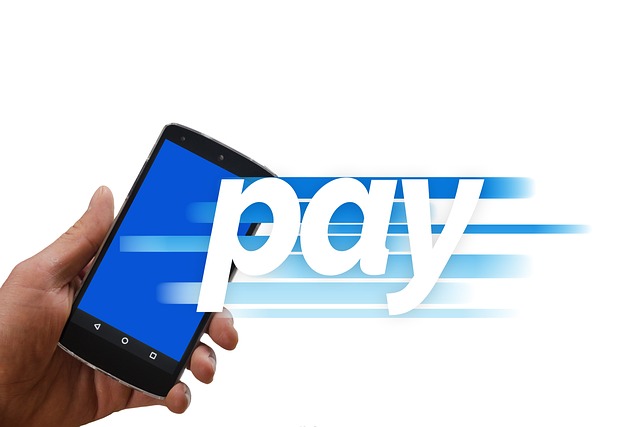In today's digital age, online banking has become an important way for people to deal with financial affairs. However, with the popularization of the Internet and the advancement of technology, network security threats are also increasing. In order to protect the security of personal and financial information, the use of a VPN (virtual private network) has become an important measure. This article will explain how to use a VPN to secure online banking and the importance of a VPN in safeguarding your privacy and security.
First,what is VPN?
A VPN is a technology that creates a private connection over a public network. It encrypts and transmits your Internet traffic to a remote server by creating a secure communication tunnel. By connecting to a VPN server, your data will be protected, and your real IP address and location information will be hidden, providing higher privacy protection.

Second, why does online banking need VPN protection?
1. Data encryption: VPN use strong encryption algorithms to encrypt your data so that it cannot be stolen or tampered with during transmission. This ensures the security of your banking information and transaction details during transmission.
2. Hide your real IP address: Using a VPN can hide your real IP address, which means that attackers can't easily track your location or hack into your system. This provides you with additional protection, making your bank accounts and financial information more secure.
3. Bypass Internet monitoring: Some regions may implement strict Internet monitoring and censorship systems that limit your access to specific websites or services. By using a VPN, you can bypass these restrictions and access blocked websites and services, maintaining free access to online banking.
4. Public Wi-Fi security: When doing online banking on a public Wi-Fi network, your information is more vulnerable. Public Wi-Fi networks often lack security, making you an easy target for hackers. Using a VPN can encrypt your data traffic and prevent hackers from stealing your personal and financial information.
5. Prevent identity theft: Online banking is a potential target for identity theft. Hackers may gain access to your account information through phishing websites, malware, and more. Using a VPN can provide you with an extra layer of security to prevent your account information from being obtained by hackers.
Third,how to use VPN to protect online banking?
1. Select a trusted VPN service provider: When selecting a VPN service, ensure that you select a trusted service provider. Research different VPN service providers to learn about their privacy policies, data encryption methods, and server locations. Choose a reputable and professional VPN service provider to ensure that your privacy and security are protected to the maximum extent possible.
2. Install and configure the VPN application: Once you have selected the right VPN service provider, follow the guidelines they provide to install and configure the VPN application. Make sure the operating system and applications on your device are up to date and that you follow the correct installation and configuration steps.
3. Connect to a VPN server: Open the VPN application, select an available server and connect. It is best to choose a server that is close to your physical location to ensure a faster connection speed and stability.
4. Confirm that the VPN connection is successful: Once the VPN server is connected, confirm that the VPN connection is successful. You can check if your IP address has changed and use online tools to confirm that your VPN connection is working properly.
5. Log in to online banking: After connecting to the VPN server, open your trusted online banking website. Enter your account credentials and go through the necessary authentication steps. When banking online over a VPN connection, your data will be transmitted through an encrypted tunnel, providing additional security.
6. Pay attention to security tips: Whether using VPN or online banking operations, pay attention to protect your security. Make sure you have the latest antivirus software and firewalls installed on your computer and mobile device, and update your systems and applications regularly. Avoid using public devices or untrusted networks for sensitive operations, and change your passwords regularly to protect your accounts with strong passwords.

In today's digital age, the security of online banking is of Paramount importance. Using a VPN is a sure way to secure your online banking. By encrypting data, hiding IP addresses, bypassing geographic restrictions, and preventing network surveillance, VPN provide you with a higher level of privacy and security protection. Whether you're at home, in the office, or on the go, using a VPN to secure your online banking is a key step in maintaining your financial security.
When choosing a VPN service provider, make sure you choose a trusted and professional provider. Research the different options and compare their privacy policies, encryption techniques, server distribution, and user ratings. Choose the VPN service that suits your needs and follow the correct installation and configuration steps. Remember that security and privacy are the cornerstones of online banking, always be vigilant and take the necessary steps to protect your financial information.
 E-mail
E-mail